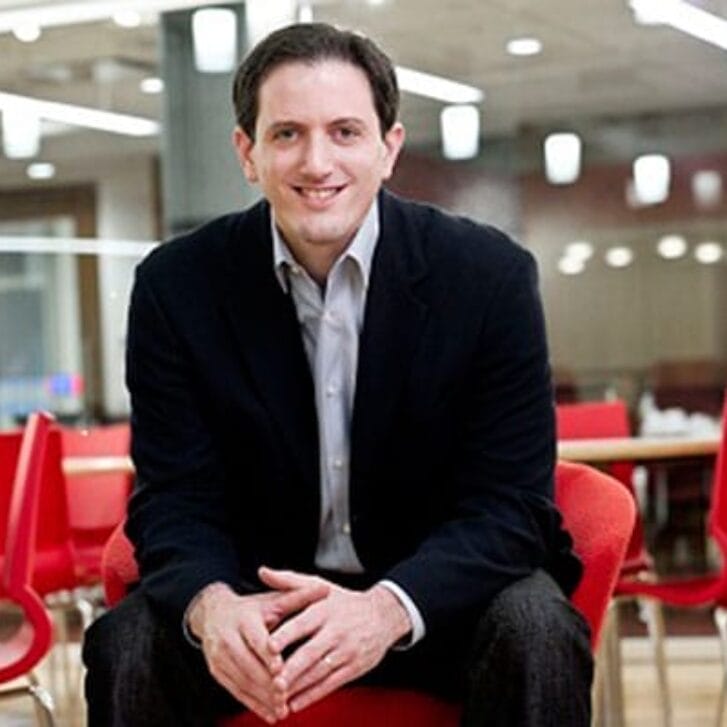StartupOnomics 2.0 started off with a bang at Public Works in San Francisco a couple of weeks ago. The fan following for the event definitely increased since last year. IDs were checked, there was wine and pretty cool music after the event. It felt less like an academic talk and more like an evening spent clubbing and engaging in stimulating conversation.
Dan Ariely, co-founder of the event and he of behavioral economics fame, was always the entertainer, presenting profound insights as pithy jokes and anecdotes. Ariely, who is a professor of psychology and behavioral economics at Duke University, went through a quick summary of his recent work that was published recently, which I have blogged about here.
At a high level, he identified three issues that caused systemic dishonesty: conflicts of interest, fuzzy rules and our tendency to rationalize. He gave anecdotes on how each of these could be improved. There was also an interesting Q&A session where people asked him questions related to this topic, and he responded with further quotes from studies that were done on those topics.

Dan Ariely
One interesting (or disturbing) anecdote that he mentioned was a head-to-head comparison on cheating, a test they did in a pubs in Washington, D.C., and New York City, one that congressional staffers frequented and the other Wall Street bankers. They found that the bankers cheated twice as much as the politicians. Dan had the wit to explain this away to some extent by saying that these were junior politicians and so there was “room for growth.”
He also told us that the amount of cheating was pretty uniform across countries based on their experiments in different countries. In the U.S., it’s been suggested to the IRS that folks sign at the top and the end of their tax return forms–the first to reinforce honesty and the second to verify accuracy. The IRS responded that it would be too confusing to the consumer, which given their forms is highly ironic indeed.
It was also interesting to see that there were at least a half-dozen to a dozen alums from the StartupOnomics 1.0 cohort at the venue.
Launched in 2011 in the cauldron of technological creativity and innovation in the U.S. and dubbed the “The Behavioral Economics Summit for Startups,” StartupOnomics teams up like minds with as many diverse startup ideas as you can find from across the world and puts them together in close proximity with academics for three days.


























